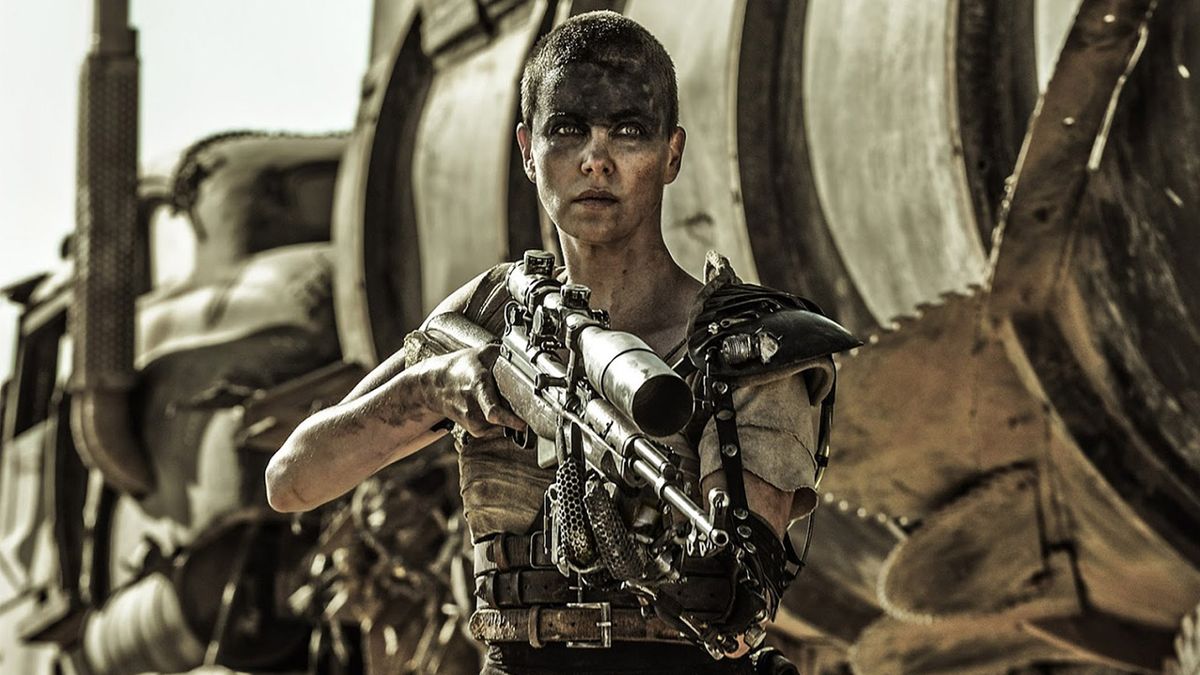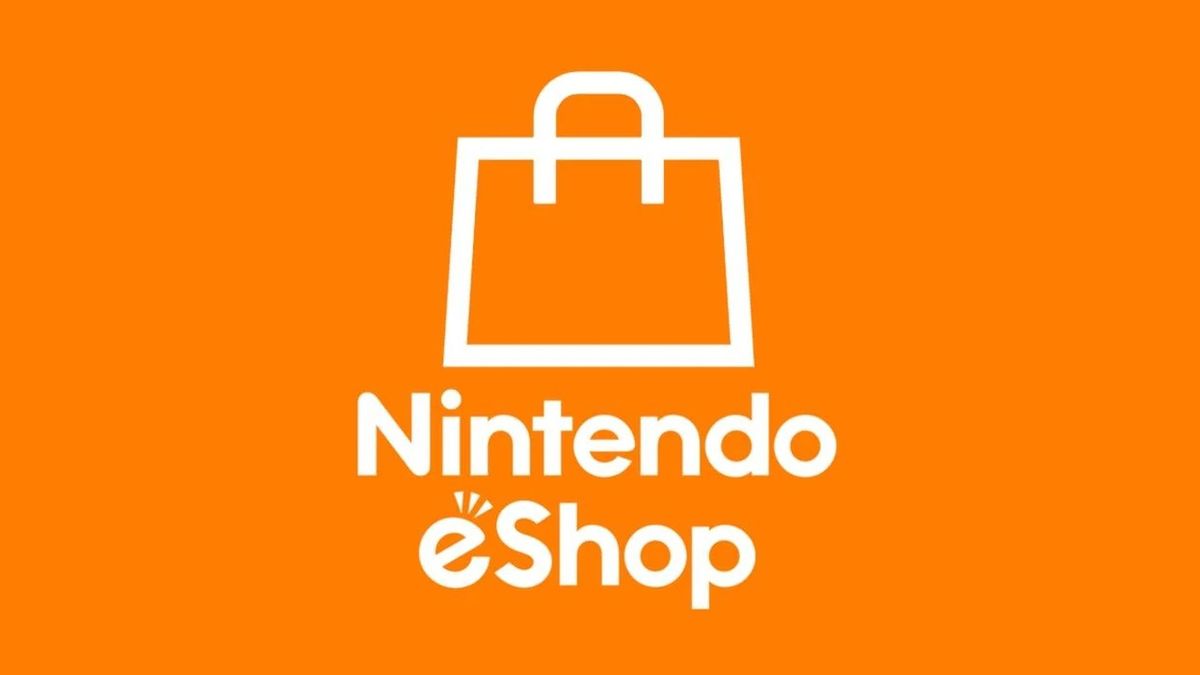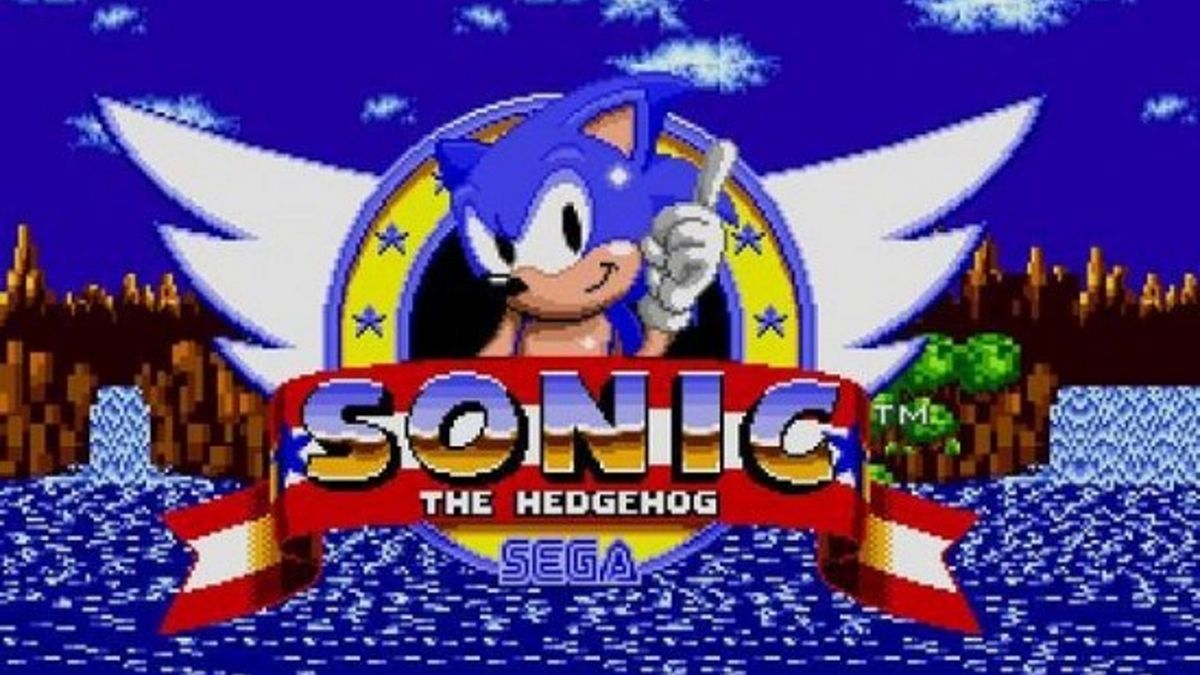Only a fool would argue E3 is irrelevant when we’ve just witnessed another absolute cracker of a convention. 2013’s E3 has brought us everything we expected and more. The memes (opens in new tab), the gaffes, the unforgettable moments… it’s reignited passions and set us up for at least another decade of gaming. But its worth goes far beyond the obvious community impact.
Certainly, the mass-adoption of the internet has worked massively in E3’s favour. In the show’s early years, it happened largely out of the public eye, at least until magazine articles gushed about the megaton announcements in the weeks that followed. Today, the internet now allows everyone to watch the events unfold for themselves via live streaming.

For the companies involved, this broadcasting is invaluable. They can address their audience directly, without the potential end-users’ opinions being slanted or even dictated by industry commentators… well, at least not for a few minutes. Those few minutes of clear, focused communication can’t be found anywhere else in the industry.
Put on a good show and people will see it. They can be won over. Just look at how Sony manipulated opinion of Microsoft’s lacklustre presentation this year to secure a massive victory in terms of public perception. E3’s modern format is not just a tool–it’s a scimitar, slicing straight to the heart of the consumer base.
But (and this is crucial) only if it’s used right. We’ve famously seen fortune swing the other way too. The damage done to PlayStation’s reputation in 2006 took literally years to mend, which is probably why Sony was so careful to do it right this year.

The internet never lets a slip go unnoticed. The giant enemy crab, the Avatar’s shoe… such indelible missteps undoubtedly makes the big players try harder. Companies have to put on a flawless show. The games they demo have to be great because E3 conferences are now immortalised on YouTube. That can only benefit the consumer.
The event’s annual nature gives the industry a focal point. Something to look forward to. It garners hype and excitement like no other event in the industry. If you’re in gaming, E3 has become THE place to reveal your biggest surprises. Sure, we may have had both Xbox One and PS4 revealed in separate events this very year, but E3 was where the details and megaton announcements were made. Companies always save their biggest ammunition for E3 and that’s why it’s such a success.
The timing of this yearly cycle is great for the industry, too. Taking place during summer months when there are traditionally fewer games released (and everyone’s in that strange place called ‘outside’, or something), it keeps exciting launches perpetually on the horizon yet at the forefront of our minds, which is vitally important. A summer without E3 might make us realise that fresh air and exercise is just as fun and rewarding as gaming. The industry can’t really afford that.So it goes all-out to promote the most exciting prospects. And yes, perhaps the one time where the games industry is actually fleetingly glamourous instead of being seen as a convention centre full of geeks. That’s not to say it isn’t packed with industry figures and fans, with some 70,000 attendees at its peak.

The world at large can’t ignore an event of that magnitude, which means that the world’s eyes–including mainstream press–are focused on the gaming industry for one spectacular week. This one event can reach people who might otherwise have never heard of PlayStation or Xbox. Everyone loves to see a glimpse of the future.The thought of E3 disappearing doesn’t bear thinking about. It almost happened, of course. E3 2007 was all but cancelled because everyone realised the now-global show of 2006 can easily do far more harm than good, especially when it costs so much money without any tangible returns. It was a body blow not only for E3’s champions, but the entire industry. Eyes looked elsewhere, hoping Tokyo Games Show could pick up the gauntlet. The king was dead. Where was the next king?
Thank goodness E3 was back to its old format within two years. And it’s poetic really that the company that got stung the worst by what E3 had become has pulled the 2006 sword from its own chest and used it to strike a mighty blow against its greatest enemy. So great a blow, Microsoft has had to change its entire DRM strategy (opens in new tab) for next-gen. That’s the power of E3 right there.
If E3 were to cease, something else would immediately take its place because it’s so vitally important. Like a heart that beats the lifeblood through our industry, pumping once a year to revitalise our interest. Take it out and the whole thing would fall apart.
Have you already read Dave Houghton’s argument about how E3 is no longer relevant? If not, you can check it out right here (opens in new tab).
 Game News Video Games Reviews & News
Game News Video Games Reviews & News



